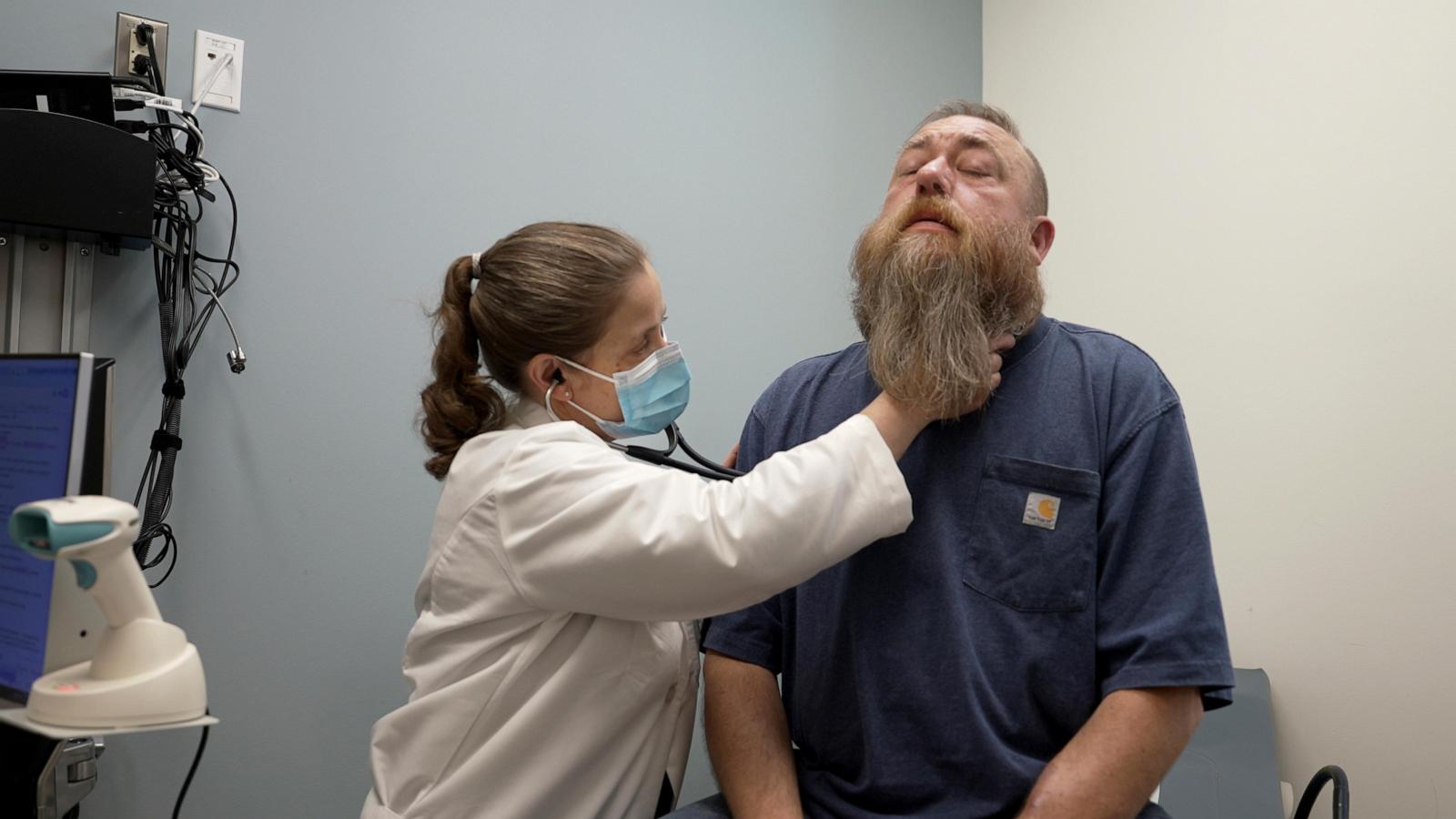Are you ready to be amazed? Pig organs are changing the future of human transplants! Scientists are making incredible breakthroughs, paving the way for life-saving xenotransplantation – using pig organs in humans. This isn't science fiction; it's happening right now. Read on to uncover the incredible advancements and the patients willing to take the leap of faith.
The Xenotransplantation Revolution: Pig Organs Saving Lives?
The shortage of human donor organs is a tragic reality for thousands. Dialysis, while a life-support measure, offers a bleak existence. Now, gene-edited pig organs provide a revolutionary glimmer of hope. Imagine a world where perfectly-matched organs are no longer a pipe dream. That world is closer than you think. Several companies and research hospitals like NYU Langone Health and Massachusetts General Hospital are on the verge of initiating groundbreaking clinical trials. These trials will mark a monumental leap towards overcoming the limitations of organ donation.
A Glimmer of Hope: Early Success Stories
While the road has been paved with early setbacks and challenges (with the previous xenotransplant recipients not surviving more than two months), researchers remain determined. Recent successes like Towana Looney's promising outcome post-transplant are pushing this life-saving initiative forward at a remarkable pace. Looney's experience, and similar instances, offer crucial lessons. It highlights that challenges in the application of this technology remain, however, scientists aren't deterred by such challenges, which makes this story even more incredible. This provides valuable insights to improve gene-editing and refining protocols, boosting hope for a broader future with increased success rates in pig organ transplantation.
The Science Behind the Miracle: Gene Editing and Beyond
The magic lies in gene editing. Scientists are genetically altering pig organs to reduce the risk of hyper-rejection (when the human body rejects the foreign organ). This process involves using advanced genetic modification techniques to make pig organs more compatible with the human body; for example, Revivicor, uses 10 gene edits, "knocking out" pig genes that cause rejection and adding some human genes. Companies like eGenesis take a bolder approach, applying a massive 69 gene edits. Each of these edits addresses a distinct biological pathway to avoid complications and improve the likelihood of the operation's success. The goal? To fool the human immune system, leading to successful long-term organ function, and giving hope to millions of patients suffering from organ failure.
Choosing the Right Gene Edits: A Delicate Balance
There's a constant need to find the ideal balance. Fewer gene edits are simpler to reproduce, while more edits offer the potential for more human compatibility. Finding the optimal gene combination could be the difference between limited success and complete breakthroughs for transplantation patients.
The Human Element: Patients' Hope and Courage
The story isn't solely about science; it's about people. Patients like Alex Berrios, whose relentless search for a second transplant has driven him towards xenotransplantation, illustrate the desperation and the incredible hope that motivates those affected by organ failure. He is not alone. Individuals like Carl McNew demonstrate that there is hope, and these hopeful patients have even contacted the research organizations directly in the quest for solutions to end organ failure.
Volunteering for the Future: High-Stakes Decisions
The decision to participate in xenotransplant clinical trials is not easy. It is fraught with many difficulties and complications. Many are facing daily struggles due to organ failure, however, there are still some difficult ethical, personal, and financial questions facing the patient community. For many, such an intense intervention would only seem worthwhile as a last resort. It's a profound choice between enduring dialysis and a potentially life-changing experiment. The drive is the hope of a new, normal life; free from the daily struggles, challenges, and pain of organ failure. Ethical considerations require thorough evaluation by both scientists and clinicians, and the participation should be based on full informed consent and an awareness of all risks, advantages, and complications that the procedure may have on both the physical and mental health of the recipient.
Looking Ahead: The Future of Xenotransplantation
Xenotransplantation is still in its early stages. Rigorous research will be required to overcome long-term rejection issues and ensure that more successful outcomes follow. The potential to transform the organ transplant landscape and relieve suffering in people struggling with organ failure is massive, but the clinical trial results and a clearer understanding of organ acceptance are critical next steps.
Take Away Points
- Xenotransplantation is a promising frontier in the world of organ transplantation.
- Gene editing technology is crucial to overcoming challenges like organ rejection.
- The willingness of patients to participate underscores the dire need for new solutions.
- Further research is essential to make xenotransplantation a widespread and safe procedure.




